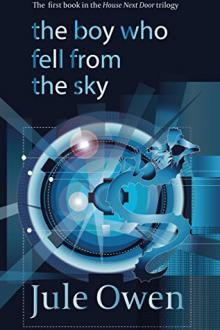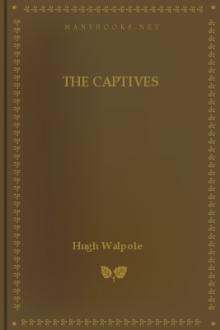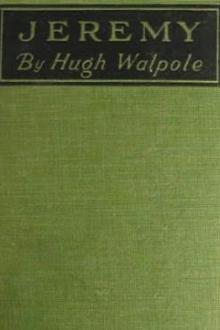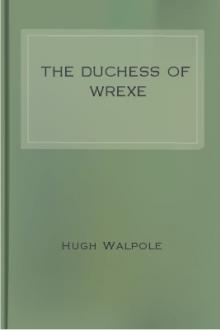The Dark Forest
The Dark Forest
The story of two Englishmen with a Russian Red Cross unit during the campaigns against the Austrians.
Book Excerpt
t the stations there were officers eating "Ztchee" soup and veal and drinking glasses of weak tea, there were endless mountains of hot meat pies; the ikons in the restaurants looked down with benignancy and indifference upon the food and the soldiers and beyond the station the light green trees blowing in the little wind; the choruses of the soldiers came from their trains as though it were the very voice of Spring itself. It sounded in the distance like--
Barinisha Barinisha--Pop. Barinisha--Pop. So--la, la--la ... Bar ... inisha la.
The bell rang, officers with meat pies in their hands came running across the platform. We swung on again through the green golden day.
Andrey Vassilievitch of course chattered to us all. It was his way, and after a very brief experience of it one trained oneself to regard it as an inevitable background, like the jerking and smoke of the train, the dust, the shrill Russian voices in the next compartment, the blowing of paper to and fro in the corrid
Editor's choice
(view all)Popular books in Fiction and Literature, War
Readers reviews
4.0
LoginSign up
Very interesting and entertaining book.
- Upvote (0)
- Downvote (0)
"The Dark Forest" is a luxuriantly written novel about Red Cross medical workers in Russia during World War I. Hugh Walpole had served in Russia as one of this courageous band of ministering angels, and obviously drew upon his experiences to craft "The Dark Forest."
Oddly, though, the book never really moves at much more than a steady, erudite pace. Walpole's language is breathtakingly beautiful and his observations powerful and deep. It is a cerebral book, not offering us very much action (even though it takes place in a war zone, and will appeal mostly to those who love Walpole's masterful way with words.
Walpole sequeled "The Dark Forest" with "The Secret City," which won the James Tait Black Memorial Prize.
Oddly, though, the book never really moves at much more than a steady, erudite pace. Walpole's language is breathtakingly beautiful and his observations powerful and deep. It is a cerebral book, not offering us very much action (even though it takes place in a war zone, and will appeal mostly to those who love Walpole's masterful way with words.
Walpole sequeled "The Dark Forest" with "The Secret City," which won the James Tait Black Memorial Prize.
05/18/2012
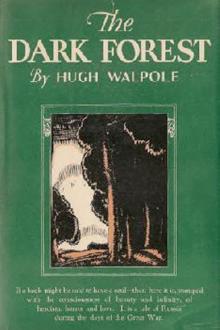
 Free Download
Free Download